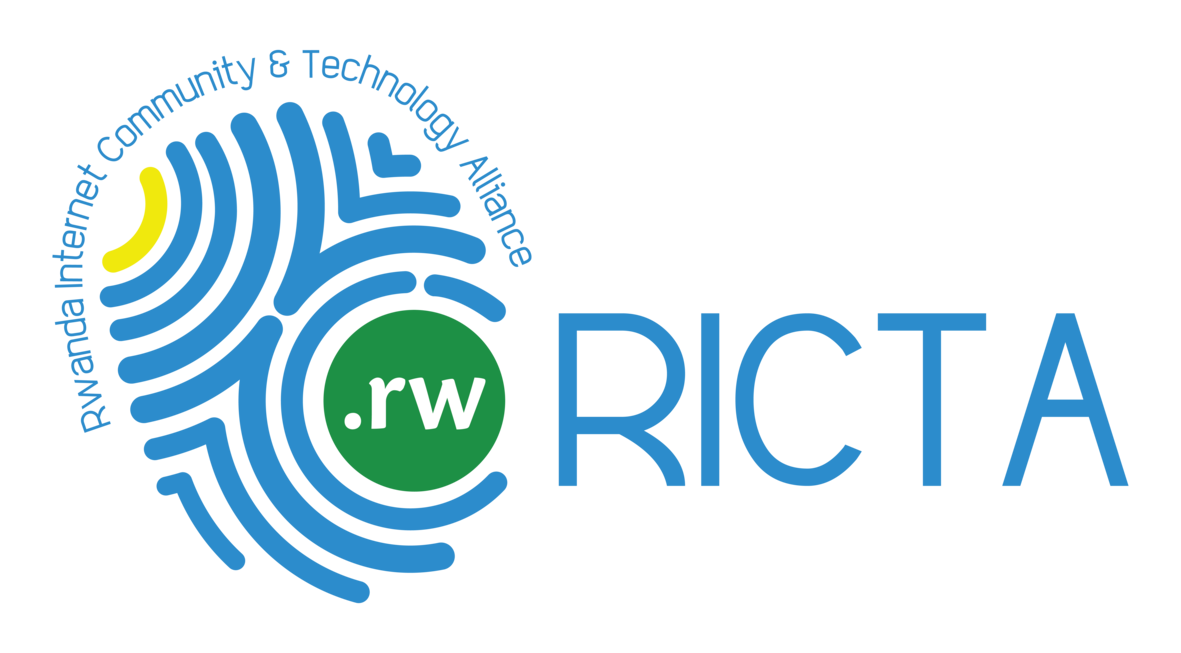RWANDA NETWORK OPERATORS GROUP (RWNOG) WORKSHOP 2024
Introduction
Rwanda has made significant strides in improving Internet connectivity over the past decade. The country’s commitment to becoming a knowledge-based economy and an ICT hub in Africa has driven substantial investments in digital infrastructure. With an increasingly interconnected world, universities rely heavily on robust and efficient network infrastructures to support academic, administrative, and research activities. ICT Engineers (Network Administrators) play a critical role in maintaining the integrity and performance of these networks. However, the rapid pace of technological advancements and the growing complexity of network environments present significant challenges that require continuous learning and skill enhancement.
To address this need, RICTA is committed to advancing the knowledge and skills of professionals in the field of network operations within the Academia. As part of our ongoing efforts to foster collaboration and knowledge sharing among the university network administrators, RICTA is organizing a training program aiming at enhancing technical competencies and promoting best practices in network operations.
Rationale
The rapid evolution of technologies necessitates continuous learning. New protocols, tools, and best practices emerge regularly, and staying updated is crucial for effective network management.
Designing a campus network isn’t just about connecting cables and configuring devices, its about creating a robust architecture that supports the dynamic needs of educational institions or corporate campuses. Whether you are a network administrator or an IT professional brushing up on the latest trends, understanding the fundamentals of campus networking is essential.
This training will provide a platform for network administrators from different universities to share their experiences, challenges, and solutions. This collaborative environment will foster a community of practice, enabling continuous professional growth and the exchange of best practices.
Objective
The main goal is to provide more knowledge and expertise to network engineers on how to improve their campus network designs and implement best practices in switched and routed networks within their respective university.
Target Audience
The training is targeted at network adminsitrators from universities across Rwanda who are responsible for managing their campus network. Participants are expected to have basic understanding of network fundamentals.
Expected outcomes
At the end of the training, participants will be able to design and improve their campus network and also implement best practices in their respective infrastructure. As Rwanda’s Smart Education Network Project is rolling to connect universities and higher learning institutions, this training will equip network administrators with the knowledge and skills needed to fully leverage RINEX operations.
Training outlines
Participants will be shared materials on IPV4 Addressing (Subnetting) ahead of time which will be followed by two (2) online sessions with a facilitator to assess their knowledge and answering to their questions. The rest of the contents will take place in a classroom-style environment that includes hands-on practical sessions.
- Campus Network Design Principles
- Campus Network Cabling Best Practices
- OSI Model, Network Devices and Connection Medium
- Setting up a physical Network
- Switching Architecture : VLANs
- InterVLAN Routing
Venue and Date
The training will be held from 16-20 September 2024 at the University of Rwanda- College of Science and Technology- Kigali Campus. Participants are required to bring their laptops for hands-on sessions.
Certifications
Participants will be evaluated through practical exercises and group activities. Certificates of completion will be awarded to those who successfully complete the training.
Conclusion
This training program aims to empower university network administrators with the technical skills required to manage and optimize network operations effectively. By investing in this training, universities will benefit from enhanced network performance, security, and reliability, ultimately supporting their educational missions.


